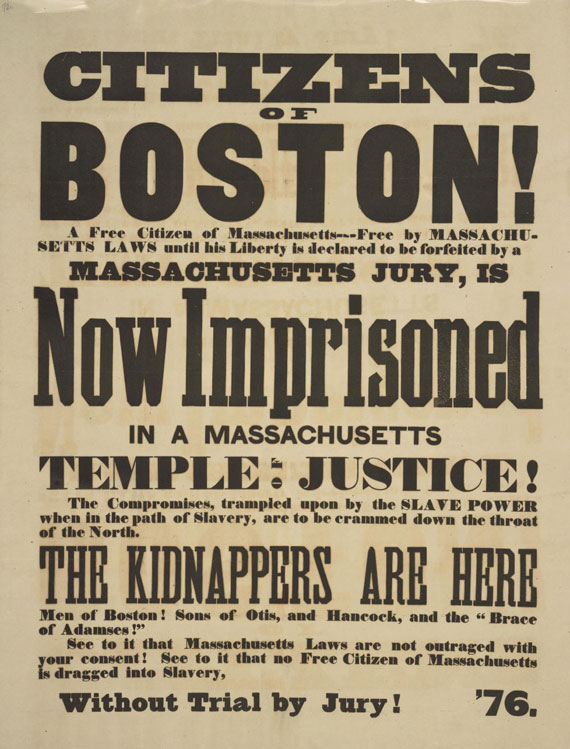"Many freedmen erroneously thought each family would be given 'forty acres and a mule' to begin new lives as independent farmers. Instead teh Freedmen's Bureau tried with varying success to persuade black agricultural workers to return to the fields in return for reasonable wages. In trying to help the freedmen, the bureau often found itself also trying to aid cash-strapped white Southern farmers.I'm going to do my best to make this clearer. Bennett, as he often does, assumes that the reader has more background information than most of us really do! The term 'Fortry Acres and a Mule' (according to Wikipedia) originated during the last stages of the war as a part of Sherman's March to the Sea campaign. Sherman's Special Field Orders No. 15 provided arable land and the army also sometimes provided a mule to former slaves as the Union front advanced south. According to Wikipedia this was never supposed to be an official US political policy that would extend to all emancipated slaves, but was a strategic policy used to during Sherman's campaign. After Lincoln's assasination, Johnson revoked the land grants and returned the land to the original owners.
This might have been the formula for a Southern renaissance. A federal government plan to help both white and black Southerners might have been an earlier Marshall Plan. But it was tragically not to be."
It seems that many people assumed that the Freedman's Bureau was set up to establish the Fortry Acres and a Mule Policy, but this was never the case. The Freedmen's Bureau was started by Lincoln and was supposed to be in effect for one year after the war. It was supposed to help emancipated slaves find food, healthcare, housing and jobs. It also helped reunite families. Even though Johnson vetoed the Bureau, Congress overrode his veto and the Bureau was in place for six years. It was disbanded during Grant's administration.
My source for the remaining piece of the puzzle (other than Bennett and his references) is a website called Teaching US History. I think their lesson on Reconstruction is a bit easier to understand than Bennett. The Southern economy depended on agriculture and particularly on large scale plantations for which the most needed resource was labor. Without labor the entire Southern economy was broken. Slaves were emancipated and given their freedom and were no longer required to work on the plantations but they were not provided with another way to earn any income. So you have large farms idle and a large labor population idle - a sure recipe for disaster. The Freedmen's Bureau was used as a labor contractor so that former slaves could find work on plantations. I am assuming here for the moment, but it seems likely that they helped establish wages and work hours and such. Operating in this fashion - in aiding the emancipated slaves - the Freedmen's Bureau was also helping the southern plantation owner.
This is why Bennett compares it to the Marshall plan, but since we haven't reached that point in history most of you probably have no idea what the Marshall plan is. Very simply the Marshall plan was an economic policy/plan that the US put in place after WWII which worked to rebuild European economies to make it less likely for communism to spread into Europe.
I hope I have answered questions rather than raising more, but if you still have questions let me know!


